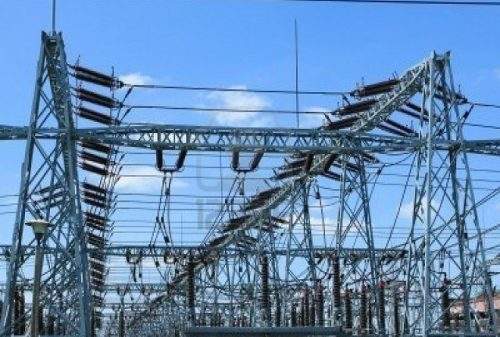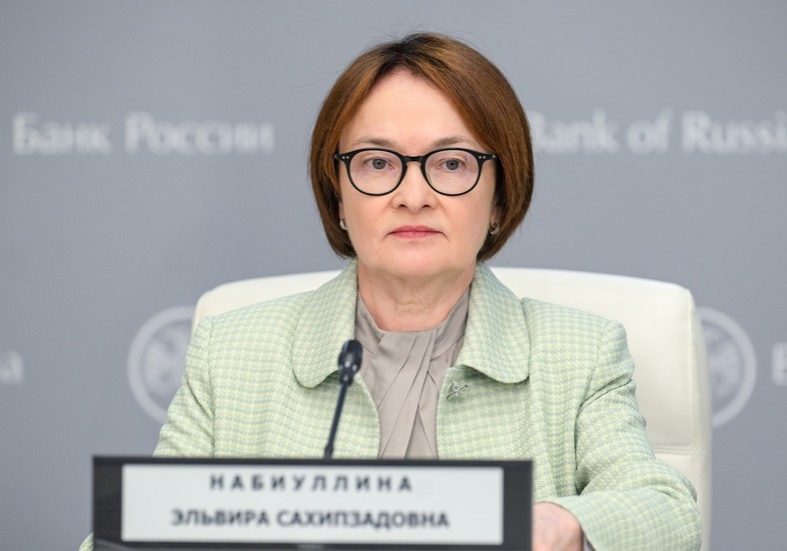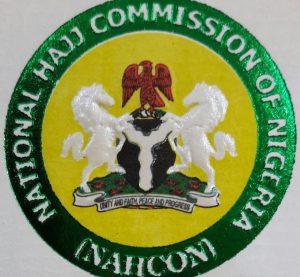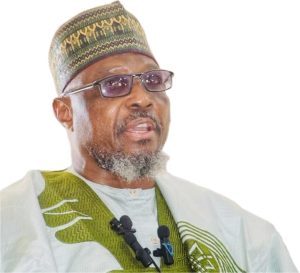Image Conversion to News Article
The image provided appears to be a screenshot of a news article, so I will convert it into a structured news article format.
Nigeria’s Electricity Distribution Companies Post Record Revenue Growth, Despite Challenges
Dateline: Lagos, Nigeria
Nigeria’s electricity distribution companies have raked in a combined revenue of over N3.95 trillion between 2019 and the first quarter of 2024, data from the National Bureau of Statistics (NBS) reveals. The revenue growth, driven by cost-reflective pricing and increased metering, has not necessarily translated into improved service delivery for customers.
Experts attribute the consistent revenue growth to ongoing tariff adjustments, the National Mass Metering Programme, and enhanced regulatory oversight. The National Mass Metering Programme has led to the installation of more meters, reducing estimated billing and improving revenue collection accuracy.
Despite the revenue growth, the distribution companies (Discos) face significant challenges, including unpaid bills, electricity theft, infrastructure deficits, and energy losses. These issues hinder their ability to fully capitalize on the potential of Nigeria’s electricity market.
The President of the Nigeria Consumer Protection Network, Kunle Olubiyo, has questioned the efficiency of the Discos and called for urgent reforms. He highlighted the inadequacies of the Discos, despite significant investments by the government and the Central Bank of Nigeria. Olubiyo also expressed concerns about the implementation of the National Mass Metering Programme, accusing some meter vendors and Discos of conspiracy.
The transmission company of Nigeria (TCN) has also revealed a funding gap of N637.37 billion, which has stalled the completion of critical projects. The company’s managing director appealed to the National Assembly for intervention to address these challenges.
The Minister of Power, Adebayo Adelabu, revealed that the cost of generating one kilowatt-hour of electricity is N120, citing varied energy consumption and the need for a differential tariff system during off-peak periods.
Keywords: Nigeria, Electricity Distribution Companies, Revenue Growth, Cost-Reflective Pricing, National Mass Metering Programme, Transmission Company of Nigeria, TCN, Minister of Power, Adebayo Adelabu.









